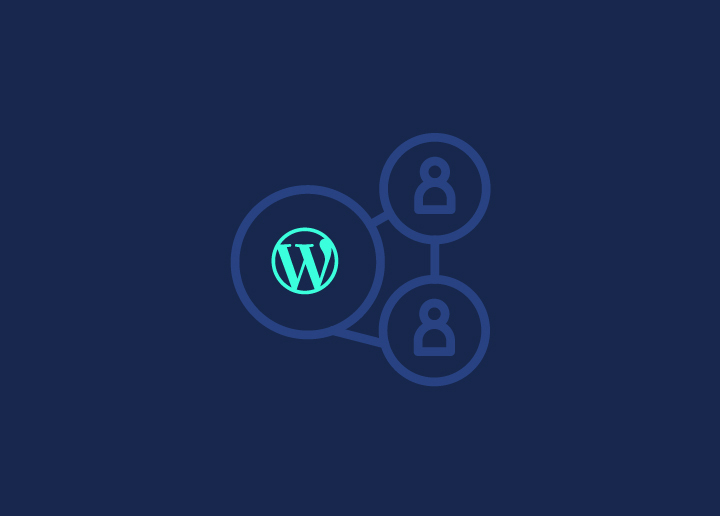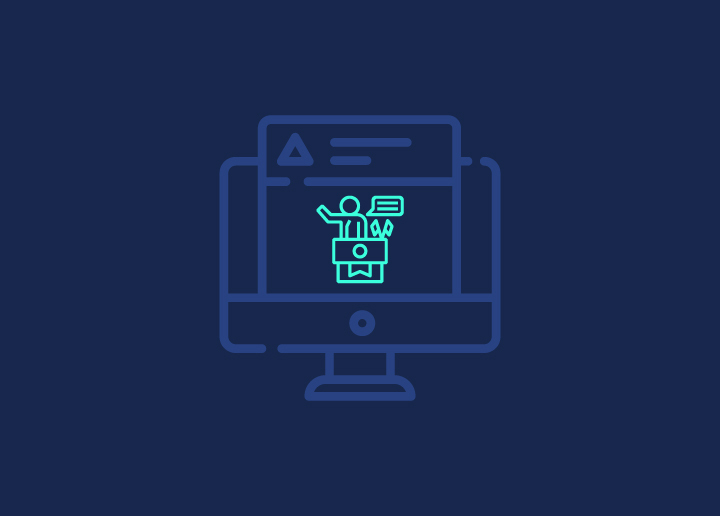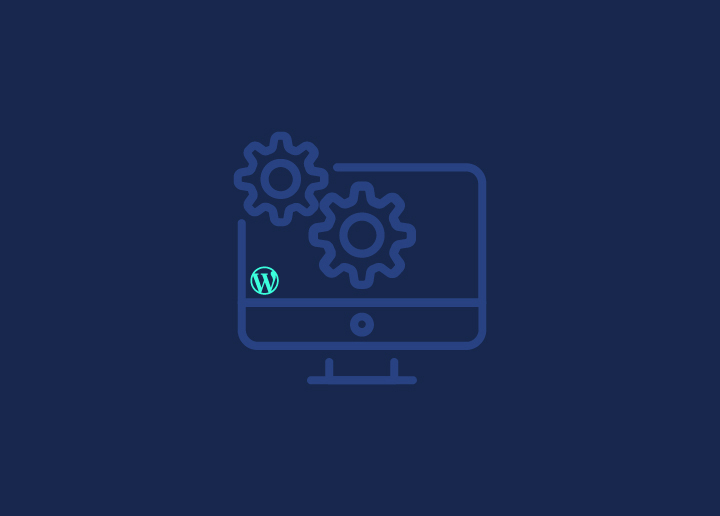This past year 2020 has been a toll on everyone’s physical and mental health. The world was in the middle of a pandemic, people were stuck in their homes for the entire year. Even offices were closed and remote working took the charge. Work from home culture was new for all, employees were battling from that change therefore a lot of offices were mindful of creating a friendly environment to support mental health at these tough hours. On the other side, many institutions and offices still don’t know how to support mental health at work. Therefore, it’s important to understand why mental health matters –
Why does workplace mental health matter?
Organizations mainly focus on the physical health of the employees, they set up corporate programs with health benefits, dental benefits, drug prescription coverage but none of them includes mental health benefits. While if we look at it, the body is just half of the equation when you don’t include your mind. The well-being of the mental health of employees is as precious as physical health. If an employee gets a safe and sound environment, his/her mental health improves which shows a positive impact on the physical health too.
Ways your company can support mental health at the workplace –
- An organization should have candid conversations about mental health. The very first step to create a friendly environment is to not have any stigma about anything in the work culture. Colleagues should be open and comfortable enough to talk openly about any article they have read, or a show they have watched, or maybe any personal story they have had. Creating that open and friendly environment always gives the confidence to talk about topics that are less heard.
- Work culture isn’t developed in a day, it must be regularly nurtured with conversations. With everyday hustle and bustle, a weekly team catch-up can be a good way to check on your employees’ mental health. Talking about things other than work really helps to take off that pressure. Even some special sessions can be conducted once a month that gives opportunities to employees to talk about their personal experiences.
- Trust is a key factor when it comes to mental health. It is important that your organization gives priority to confidentiality and anonymity. Even if you have created a stigma-free work environment, many people still might be uncomfortable while sharing their story especially when they are dealing with some trauma or addiction. Build that trust among your employees that their privacy will be respected and also that the team will help them with mental health resources.
- Research shows that productivity and overall wellness increases when people feel comfortable in workplaces with the interior of the offices, the positive vibes, lighting, and the overall feel that is attached to it. Also now that office are shifted to remote working, pampering your employees with small gifts can uplift them and make them feel energized.
- Always make sure to sync employees’ personal growth with the company’s growth. It becomes really crucial that an employee grows not just within the company but also among his/her surroundings. Focus on the positive and have a clear plan of action ahead for your employees.
Like always said a worker is the biggest asset of the company, therefore while there is so much negativity and stress in the world, try making the workplace a comfort zone for the employees.
















